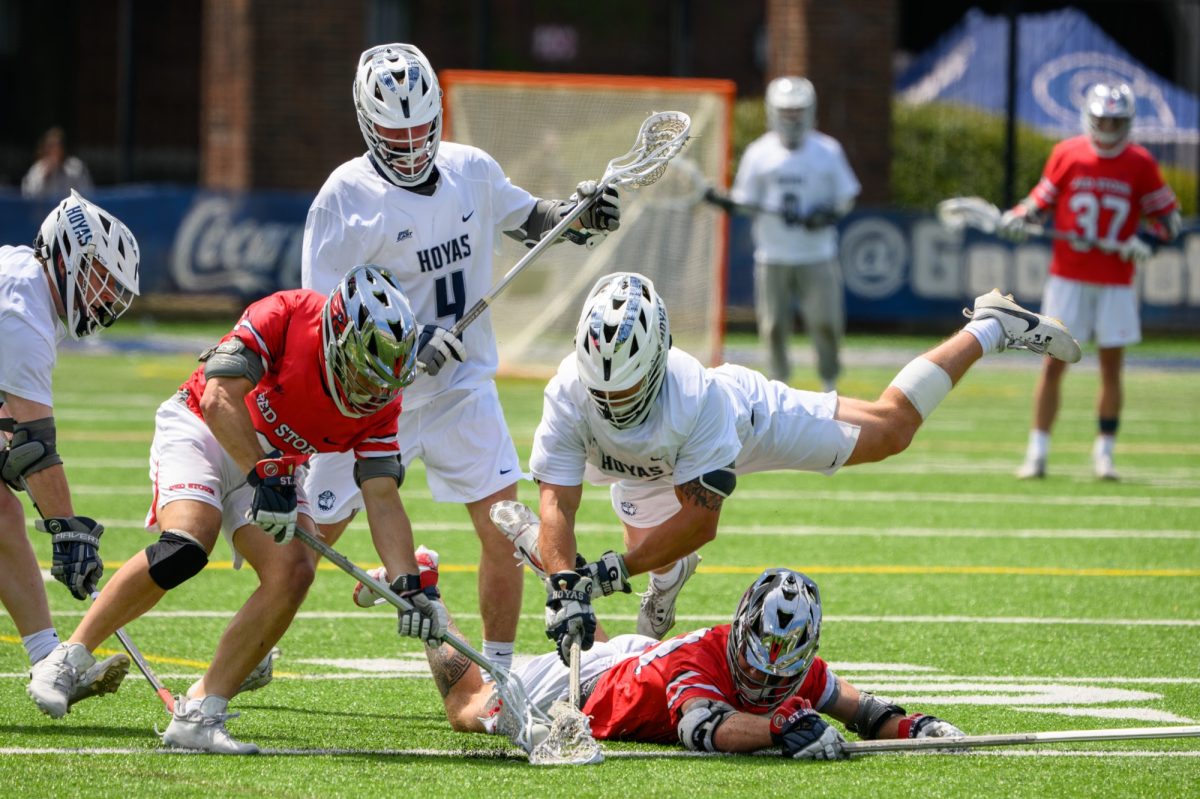Every so often, a college athletic program becomes stale. Losing to underdogs, falling behind rivals or failing to meet postseason expectations begins to feel like a broken record. The popular response in these situations is to blame the head coach. In short, programs need the occasional change in leadership.
Changes in leadership have, of course, become a hot topic over the past election cycle. The phrase “draining the swamp” has come to symbolize a subsection of the recent wave of populist politics. Part of this movement includes term limits for elected officials, including congressmen and senators.
The proposal favored by recently elected officials calls for a six-year limit in the House of Representatives and a 12-year limit in the Senate. This would supposedly prevent politicians from becoming entrenched in a Washington insider culture that may overshadow the needs of constituents. The argument suggests Congress, much like a struggling sports team, has become stale.
Of course, the addition of term limits would require an amendment to the Constitution. And some argue this action would both prevent politicians from improving through experience and place a limit on constituents’ ability to choose their own leaders.
While some receive their salary from taxpayer money, college coaches are not elected officials. Nevertheless, placing 12-year term limits on college coaches would have a serious impact on the state of NCAA athletics.
Many of the most celebrated coaches in college sports would have long ago moved on to new positions. Mike Krzyzewski of No. 4 Duke basketball, Geno Auriemma of No. 2 Connecticut women’s basketball and Bob Stoops of No. 7 Oklahoma football would all have reached their term limits long ago.
All three teams are currently ranked in the top 10 of their respective sports. It seems likely that all three coaches will retire before they are ever fired, and no Blue Devils, Huskies or Sooners fans in their right minds would call for these three to step down. They have become synonymous with their programs. The same could have been said for the late, legendary women’s basketball Head Coach Pat Summit, who held the position at Tennessee for 38 years.
The same cannot be said, however, for a variety of other coaches throughout college sports. Several coaches have become entrenched in positions that arguably should have seen new blood years ago.
Iowa Head Coach Kirk Ferentz epitomizes this phenomenon. He is tied with Stoops for the longest tenure in D1 football, having taken the helm in 1999. In that time, the Hawkeyes have seen some major successes, including two Big Ten championships and several top-10 rankings.
Iowa has also failed to break into the top tier of college football, consistently faltering late in the season. Ferentz is the 11th highest paid coach in the sport. While similarly compensated peers consistently seek to challenge for national titles, Ferentz has failed to achieve distinguished levels of success during his tenure. He is 6-7 in bowl games, including four straight losses, and has not won a conference championship since 2004.
The controversial Joe Paterno represents another example of a coach that should have been replaced long before he finally left the program. The horrific events surrounding Paterno and his subordinate Jerry Sandusky have been well-documented. His comfort in the program after decades of leadership and desire to avoid scandal contributed to his extremely poor judgment.
Finally, Jim Boeheim has led the Syracuse basketball program since 1976, a total of 40 years. During his time at Syracuse, his players have committed numerous felonies, failed to meet meager NCAA academic standards and been forced by the NCAA to vacate 101 wins. Boeheim himself was suspended for his role in a series of infractions. He would have hit his term limit in 1988, but that is a moot point. He would have been removed from office for egregious corruption and lack of character long before his time was up.
Term limits in Congress may or may not become a fact of American political life sometime in the near future. They certainly will not appear in college sports, but some programs very well wish they would.
Andrew May is a senior in the School of Foreign Service. The Front Runners is a shared column and appears every Tuesday.
















Andrew Foley • Dec 1, 2016 at 12:53 am
Agreed, gotta earn that tenure. Quick shoutout to the Director of Basketball Operations, Patty Ewing Jr, you rock bro! I hope you still play pickup with Jon Walls